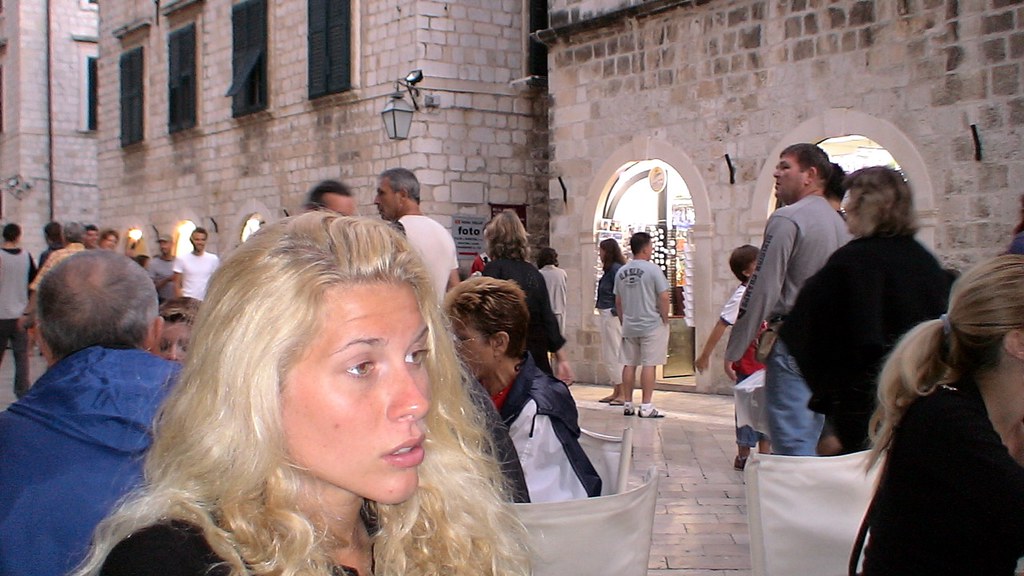
Introduction
Croatia, a stunning country located on the Adriatic Sea, has become one of Europe’s most sought-after travel destinations. Known for its breathtaking coastline, historic cities, and vibrant culture, Croatia offers an array of experiences that attract millions of tourists every year. As the country continues to recover from the impacts of the COVID-19 pandemic, exploring its unique charm has gained renewed importance in the context of sustainable tourism and economic recovery.
Tourist Highlights and Attractions
Croatia is home to numerous UNESCO World Heritage Sites, including the ancient city of Dubrovnik, often referred to as the “Pearl of the Adriatic.” The walled city, known for its well-preserved medieval architecture, has recently seen a surge in visitors. In 2023, it was estimated that over 3 million tourists visited Dubrovnik alone, according to the Croatian Tourist Board.
Another notable attraction is Plitvice Lakes National Park, famous for its cascading lakes and diverse wildlife. This national park, designated as a UNESCO World Heritage Site, draws nature enthusiasts and offers picturesque hiking trails. In recent months, reports have highlighted the park’s efforts to manage visitor numbers in a sustainable manner, ensuring a balance between tourism and conservation.
Cultural Significance
Croatia’s cultural heritage is rich and diverse, influenced by various civilizations throughout history, including the Romans, Venetians, and Austro-Hungarians. The country celebrates numerous festivals that showcase its vibrant traditions, including the Sinjska Alka, a knightly tournament held every August in Sinj, and the Dubrovnik Summer Festival, featuring a mix of music, theater, and dance.
Food and wine are intrinsic to Croatian culture, with culinary offerings varying regionally. Popular dishes include Peka (meat and vegetables slow-cooked under a bell-shaped lid) and fresh seafood along the coast. As global interest in Croatian wines grows, the country is positioning itself as an emerging player in the wine tourism arena.
Conclusion
In conclusion, Croatia’s combination of stunning natural beauty, rich history, and vibrant culture makes it a compelling destination for travelers seeking authentic experiences. As the country invests in sustainable tourism initiatives and continues to preserve its cultural heritage, visitors can look forward to exploring this beautiful nation responsibly. With the ongoing recovery from the global pandemic, Croatia is expected to maintain its upward trend in tourism, solidifying its place as a key player in the European travel landscape.



